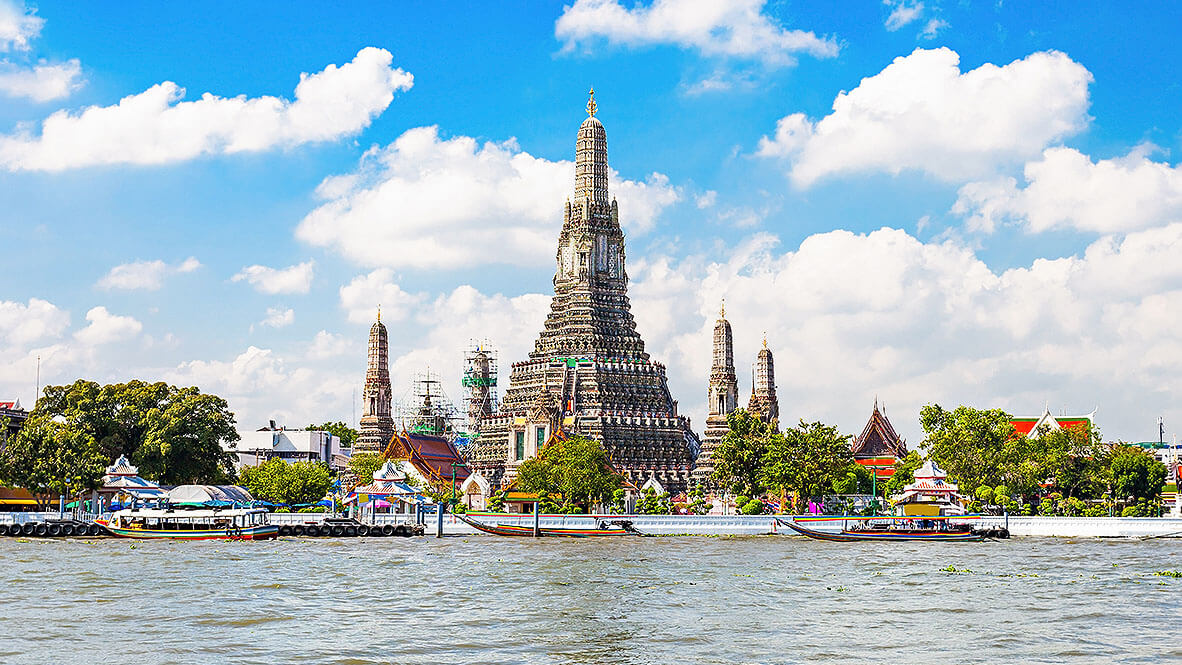On the last day of the 7th Congress of the Asia-Pacific Glaucoma Society (APGC 2024), delegates got a taste of a typhoon signal No.1, heavy downpour and the worst of Manila’s traffic situation. However, spirits remained high despite the gloomy weather, and the morning sessions were packed with ophthalmologists still beaming with the after effects of the disco party the previous night.
Three days is certainly not enough to discuss the wide array of information available to glaucoma specialists today. But here we are at the end of APGC 2024, where some of the best minds in the subspecialty did their level best to do so. Day 3 in Manila was thus still full speed ahead, and we were there to continue bringing you the best on offer.
The morning sessions didn’t disappoint. For starters Symposium 14: Expanded Options in Glaucoma Intervention: Case-based Conversations, was chock-full of real-world insights from the world’s brightest minds in glaucoma.
From the case of a 40-year-old newly diagnosed early POAG patient who does not want topical medications, presented by Dr. Mimiwat Zahari (Malaysia), to the 70-year-old pseudophakic patient with advanced-stage POAG on maximum medical medical therapy with glaucomatous progression presented by Dr. Keith Barton (United Kingdom), young and general ophthalmologists alike, got first dibs, front and center, on how such real-world cases need to be approached and managed to get the best possible patient outcomes.
The lively discussion that entailed turned into a ‘’no-bullshit-real-talk’’ session. Other presenters—Dr. Leon Au (United Kingdom), Dr. Bryan Ang (Singapore), Dr. I. Paul Singh (USA), and Dr. Jose Maria Martinez (Philippines)—came with their own special cases, with many others also contributing to the dynamic discussion as each case was presented
This dialogue is exactly the intention of the Congress, and with the new APGG4 now in the picture, a new standardization of glaucoma care resulting in years of such discourse is coming to fruition.

“The APGG4 that was released here at the APGC 2024 will definitely help improve and make glaucoma care in the Asia-Pacific region more consistent across countries,” Dr. Robert Ang (Asian Eye Institute, Philippines) shared.
“Different countries have different approaches, but now that we can standardize it, we have a flowchart, a guideline to follow… so that when we use it for our patients and we train younger doctors… then it’s all consistent care, high quality care for everybody,” he explained.
Other sessions delved into interesting topics as well. Though on its last day, the exchange and sharing of skills and knowledge didn’t feel as if it were winding down. Artificial intelligence took the spotlight once more, and at the APGC 2024, its role in glaucoma care and management is becoming clearer. Check out our full coverage of a special session on the topic here.
Just as with AI, It’s nearly impossible to escape an anterior segment conference in the region without PACG taking the limelight. Many talks will regurgitate the fact that Asians have a higher risk of primary angle closure glaucoma (PACG), but at APGC 2024 experts took things to a new level with tips and tricks for diagnosis and management. This session was full of valuable pearls and insights, so you don’t want to miss that here.
As a native of the Philippines, this conference held a special place in my heart, and I was eager to see how ophthalmologists from around the world would view our corner of the planet. Fortunately, glaucoma care for PACG and other forms of glaucomatous disease in the Philippines is at par with Asia Pacific and the rest of the world.
Dr. Ang, who is particularly proud that the local societies—the Philippine Academy of Ophthalmology (PAO) and Philippine Glaucoma Society (PGS)—have hosted the APGC 2024 where the new APGG4 was launched. “So we are at par with diagnostics, treatment strategies, post-op care and we are happy that we are able to give the best care to the Filipino population,” said Dr. Ang.
According to Dr. Ang, the local host societies curated the program to encompass junior doctors, non-glaucoma specialists, intermediate glaucoma specialists and advanced glaucoma specialists– there was everything for everybody in this meeting.
“Finally, the key message that we [the APGC 2024] wanted to tell everybody is that there are options—there are more options now in terms of technology—for diagnosis, treatments, surgeries and medications. So more and more options are coming… and the APGC 2024 in Manila highlighted those options to everybody. From basic, to intermediate and advanced, there are newer options. Some old options are still here and still relevant, but the new options are coming into play and the knowledge we gained from this meeting made APGC Manila very very successful,” added Dr. Ang.
Indeed, kudos to the PAO and PGS! “Thank you for coming to Manila for APGC 2024, we are very happy that the meetings were well attended,” concluded Dr. Ang.
Editor’s Note: Reporting for this event took place during the 7th Congress of the Asia-Pacific Glaucoma Society (APGC 2024), held from May 24-26, 2024 in Manila, Philippines.



